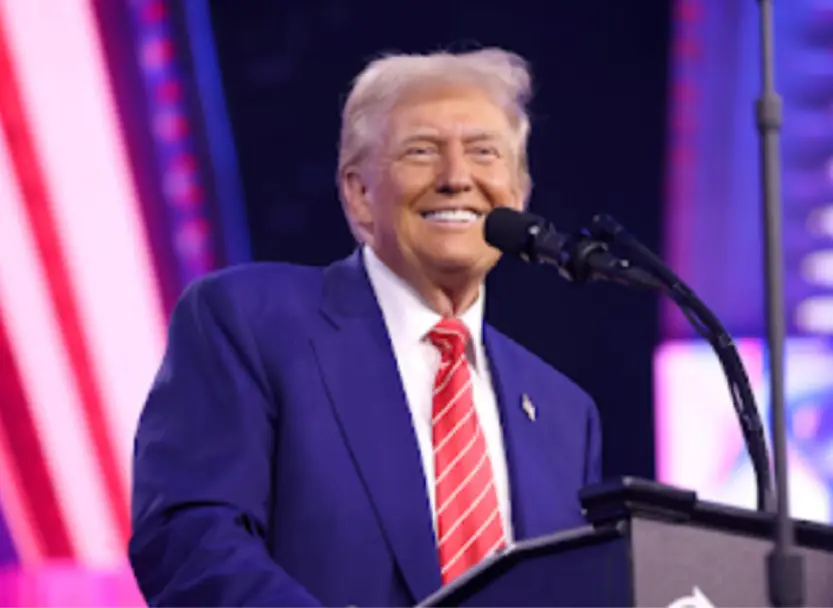How U.S. Politicians Leverage Faith in Public Life

SHARE
In American politics, faith is often more than just a personal conviction—it’s a public tool. While the U.S. Constitution guarantees the separation of church and state, many politicians rely on their religious image to appeal to voters and influence policy.
Here’s how five prominent leaders—Joe Biden, Donald Trump, Ted Cruz, Mike Johnson, and Tim Scott—are using faith in public life today.
Joe Biden
President Joe Biden is a devout Catholic who lives his faith rather than loudly proclaiming it. His daily prayers, regular Mass attendance, and emotional connection to hymns like “On Eagle’s Wings” reflect a deep, personal spirituality. Biden rarely uses religious language on the campaign trail, which contrasts with the performative style of other politicians. Yet his moral compass is shaped by his Catholic upbringing and suffering—traits he lets guide, rather than headline, his leadership.
He prays privately, often seeking divine guidance, and respects a pluralistic society. His faith is evident to those close to him, but remains largely understated in public, which may explain why only 13% of Americans perceive him as “very religious.”
Donald Trump
In contrast, Donald Trump uses religion as branding. His appearances with evangelical leaders, promotion of the “God Bless the USA” Bible, and declaration of being a “non-denominational Christian” are more strategic than spiritual. Though only 4% of Americans consider him very religious, Trump’s alignment with Christian nationalism has solidified his base among white evangelicals.
His conversion away from the Presbyterian church during his presidency served to create broader appeal to charismatic and Pentecostal Christians. Trump’s use of faith centers not on doctrine, but on influence—blending religious rhetoric with nationalist undertones.
Ted Cruz
Senator Ted Cruz represents the traditional evangelical model in politics. Baptized at age eight and mentored by pastors throughout his life, Cruz openly talks about accepting Christ and seeking God’s will.
He frequently frames his political mission in biblical terms and refers to scripture during speeches. Cruz’s base responds to his consistent, values-driven language that aligns closely with conservative Christian teachings. Whether defending religious liberty or opposing secular agendas, Cruz positions himself as a constitutional conservative led by faith.
Mike Johnson
House Speaker Mike Johnson openly integrates his evangelical beliefs into governance. His ties to Christian leaders like Dutch Sheets and his support from the New Apostolic Reformation network signal a push toward embedding Christian principles into public policy. Johnson’s rise was seen by some religious figures as “divinely ordained.”
He often echoes themes from the religious right, promoting traditional values and championing the idea that America is a Christian nation. While he distances himself from extremism, his ideology frequently overlaps with efforts to erode the wall between church and state.
Tim Scott
Senator Tim Scott brings a tone of hope rooted in Christian faith. As the recipient of the Distinguished Christian Statesman Award, Scott regularly credits God for his journey from poverty to public office. He speaks about character, redemption, and opportunity through a biblical lens, reinforcing America’s founding as rooted in Christian principles.
His speeches often cite Scripture, with verses like “Greater is He that is in you, than he that is in the world” (1 John 4:4) serving as both personal mantra and political messaging.
In all five cases, faith is more than personal—it’s political. But the expression ranges from authentic devotion to strategic theater.
*Cover Photo/Thumbnail Photo Taken by Mandel Ngan
RELATED ARTICLES

‘Gift of Fortune’ Chinese New Year Stay Package

Pastors Speak as Darkness Comes to Light

James Van Der Beek’s Last Words: Worthy of God’s Love

Our Pledge to You: Optimal comfort, Convenience, and Flexibility








